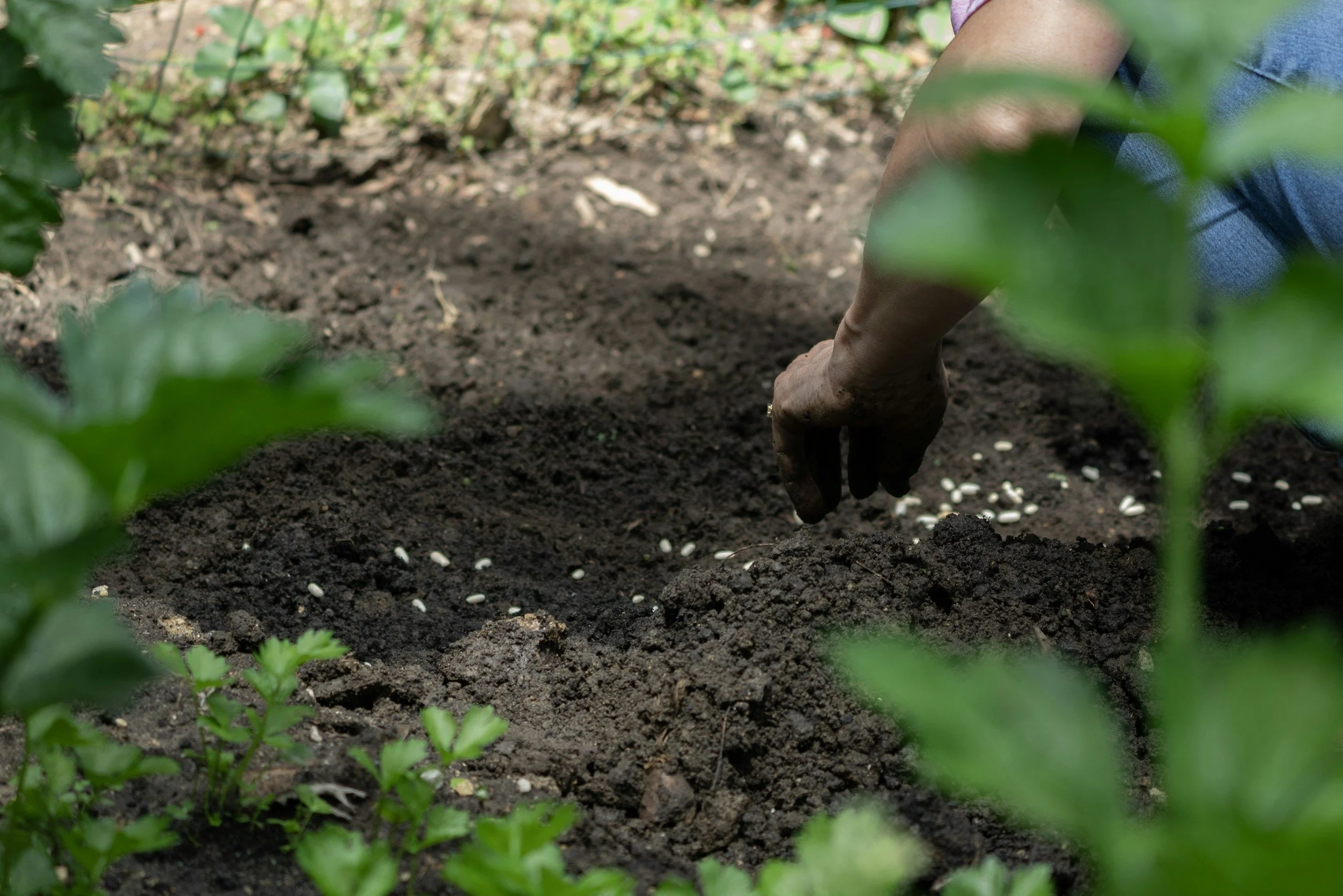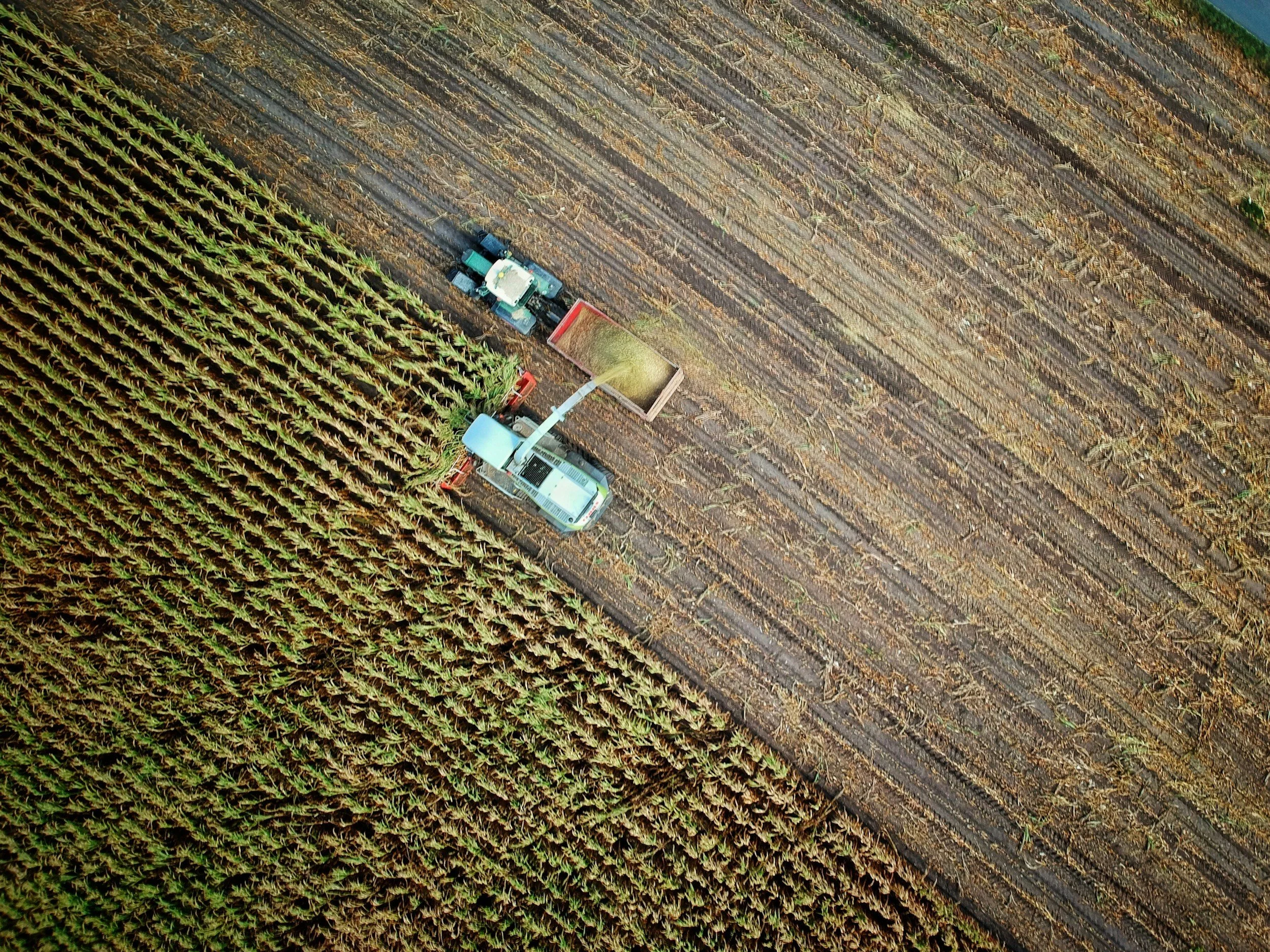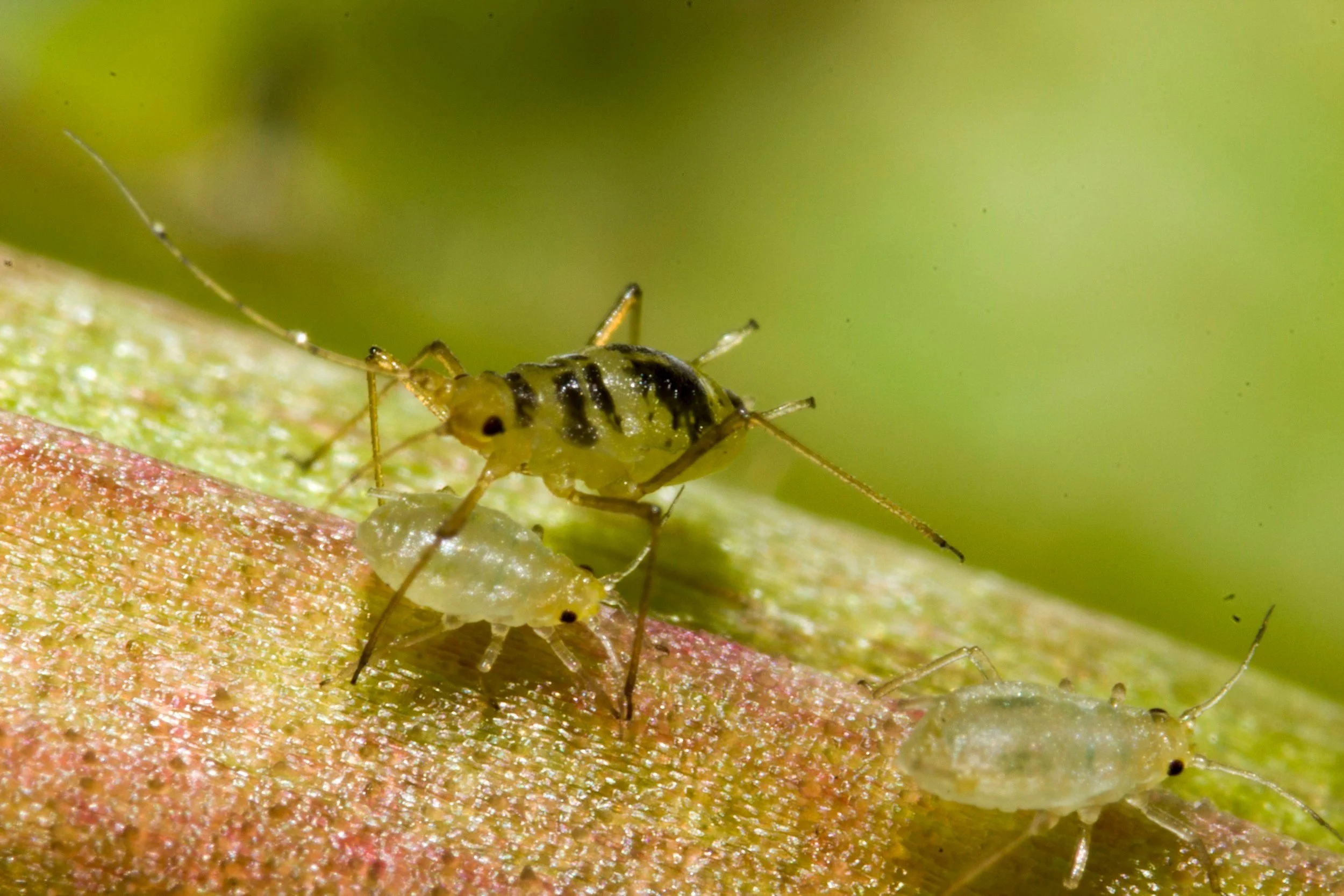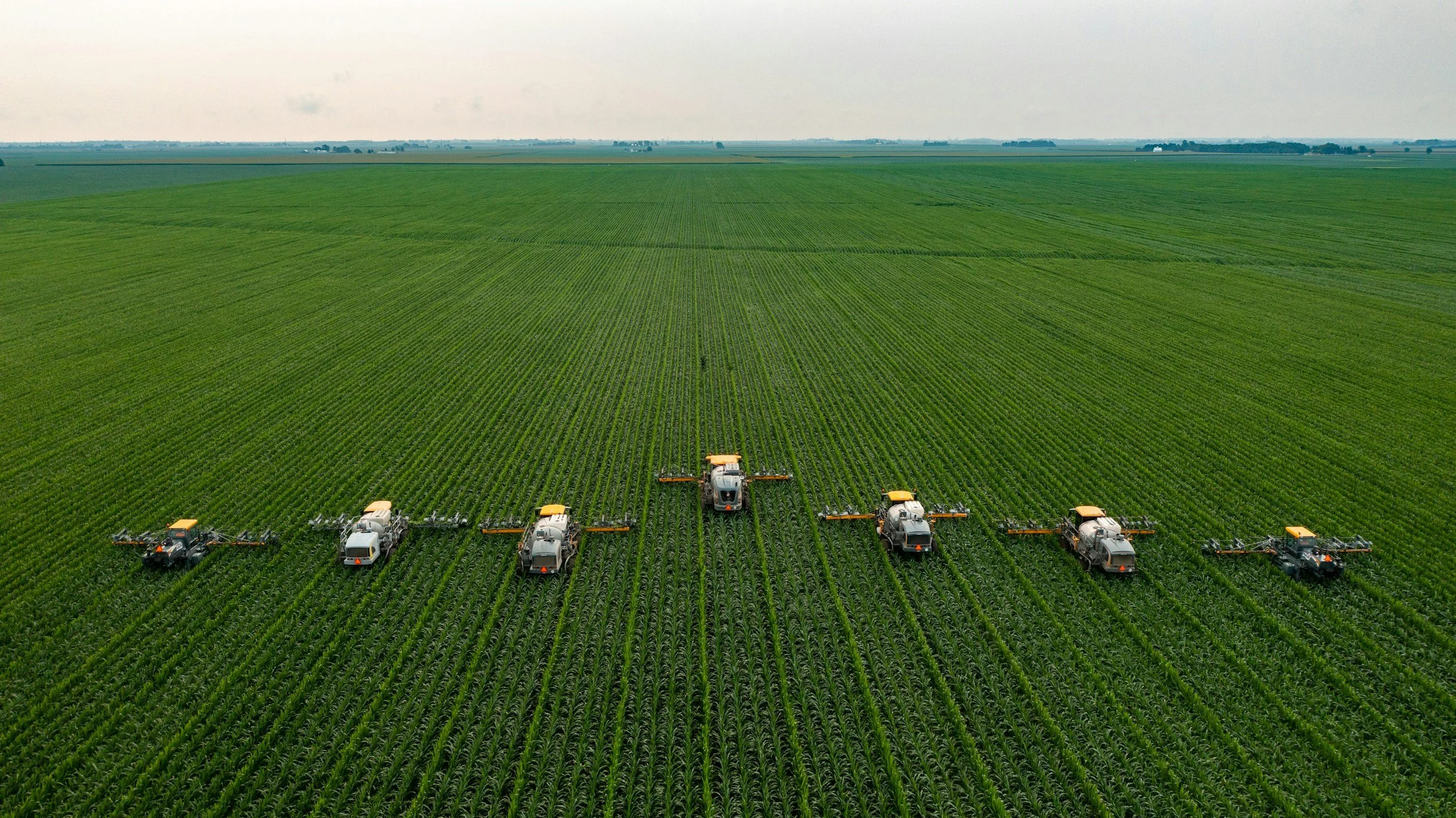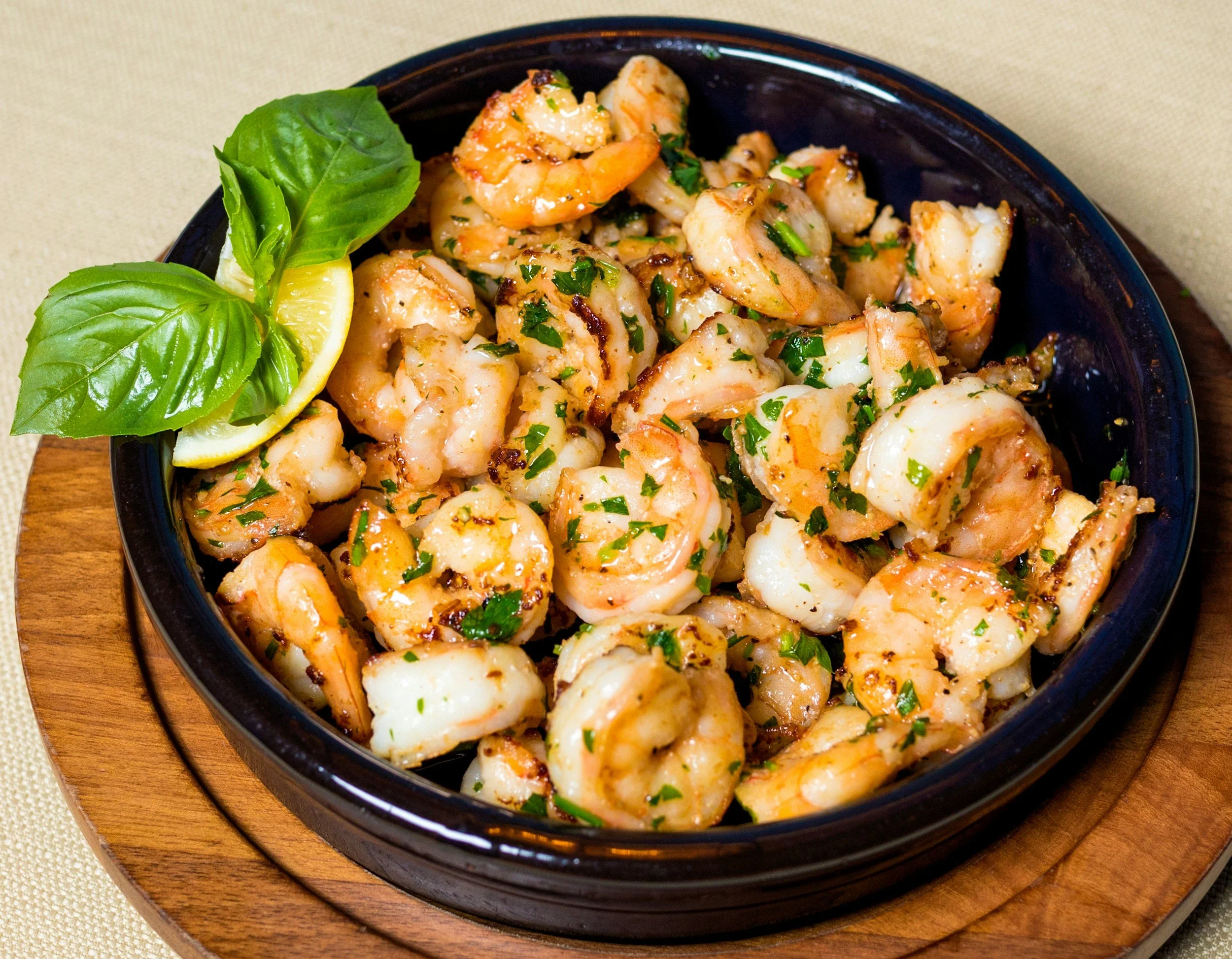Using Cover Crops During the Growing Season: What You Should Know
/A few weeks ago I pulled the last cover crops from one of my raised beds, and it struck me how often we think of cover crops as something to plant in the off-season. There are many benefits to planting them, including improving soil structure, adding nutrients to the soil, and protecting against erosion.
Read More



